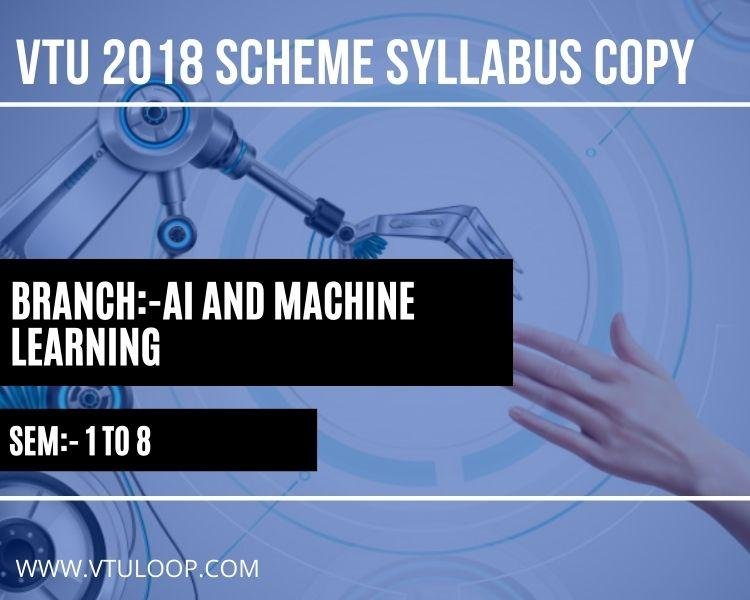Artificial Intelligence v/s Machine Learning | Read Now
Artificial Intelligence and the Machine Learning are two facets of computing science that are interrelated. These two technologies are most prominent when it comes to improving advanced technologies.
Despite the fact that these are two interrelated disciplines which are sometimes used similarly, they are still two distinct terms in certain situations.
Artificial intelligence
- AI is a branch of computing science that aims to create a software system that can comprehend like a person.
- It is composed from of the terms “artificial or synthetic” and “intelligence or smartness,” who together signify “person-made thinking ability.”
- AI systems do not need to be pre coded. Instead, they employ procedures that operate in conjunction with their own understanding.
- Reinforcement algorithms and deep neural systems are instances of ML systems. Siri, AI in chessboard, and other ai applications are only a few instances.
- AI can be partitioned into 3 sorts relied on its capabilities:
- Weak
- General and
- Strong
- We are now dealing with both weaker and general Intelligence.
- Strong AI is the Intelligence of the future.
Machine Learining
- Without being specifically coded, ML permits a computerized system to generate forecasts or implement choices based on statistics.
- ML involves usage of a significant number of organized and semi-organized data in order for a ML model to deliver consistent results or draw conclusions based on it.
- ML is mathematically defined that learns on its own with the use of historic information.
- It only functions for restricted areas; for illustration, if we construct a ML model to detect animal pictures, it will only return findings for animal pictures; however, if we provide new input, including a fruit image, it will become unresponsive.
- ML is deployed in a number of industries, including online sentiment classification, activity recognition, and so on.
- AI is a branch of computing science that aims to create a software system that can comprehend like a person.
- It is composed from of the terms “artificial or synthetic” and “intelligence or smartness,” who together signify “person-made thinking ability.”
- AI systems do not need to be pre coded. Instead, they employ procedures that operate in conjunction with their own understanding.
- Reinforcement algorithms and deep neural systems are instances of ML systems. Siri, AI in chessboard, and other ai applications are only a few instances.
- ML can be partitioned into 3 sorts:
- Supervised
- Un-supervised
- Reinforcement
Tabular Difference
On a larger level, we can distinguish ML and AI as follows:
| Sr. No. | Machine Learning – ML | Artificial Intelligence – AI |
|---|---|---|
| 1 | ML is a sub field of AI that permits the systems to learn from prior data without having to code it directly. | AI is a technology that allows machines to replicate people’s behavior. |
| 2 | ML knows to tackle with structured and also the semi-structured information. | AI knows to tackle with structured, un-structured and semi-structured information. |
| 3 | The objective of ML is to empower computers to learn from input and produces consistent results. | The objective of AI is to construct a clever computer network that can resolve complicated issues in the same way that individuals can. |
| 4 | Has limited or restricted scope. | Has vast range of scope. |
| 5 | Sub-set of ML is deep learning. | Sub-set of AI is deep learning and ML. |
| 6 | Comprises of educating the system and making self corrections. | Comprises of educating the system, reasoning procedure and making self corrections. |
| 7 | Centrally concerned reagrding accuracy and the trends in data. | Centrally concerned to broaden up the opportunities of your system’s success. |
| 8 | Types: Supervised, Un-supervised and Reinforcement Learning. | Types: Strong, Weak and General AI. |
| 9 | Examples: Friend tag recommenders, Search algorithm like Google, etc. | Examples: Siri, Chatbots, ALexa, etc. |






